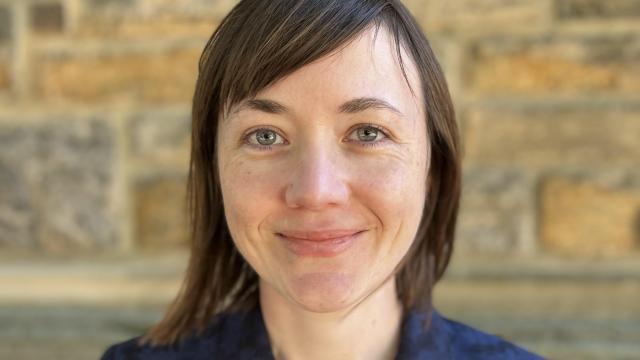
Image Credit: Catherine Tan
With its capacity to interrogate both identity and lived experience in the human past, osteoarchaeology provides an essential toolkit with which to examine embodied inequalities. Much of the osteoarchaeological literature on inequality, however, pertains to historic periods and the embodied consequences of global social processes such as slavery, colonialism, and capitalism. What contributions can a prehistoric osteoarchaeology make to an anthropological understanding of institutionalized inequality? In this talk, I present case studies from my osteoarchaeological research on third millennium BC Europe, describing ongoing work on Copper Age Iberia (c. 3250–2200 BCE). I explore ongoing tensions within the subfield of osteoarchaeology, discussing the pitfalls—and potential—represented by traditional approaches to documenting and measuring variability in lived experiences in health, diet, and trauma. I conclude with suggestions for moving forward, thinking through strategies for weaving together osteoarchaeological methods and theory to produce new understandings of past human dynamics.
About the Speaker
Dr Jess Beck, Assistant Professor and Ad Astra Fellow, School of Archaeology at the University College Dublin, is an osteoarchaeologist whose research focuses on the biocultural impact of social transformations in Transylvania and Iberia during the 3rd millennium BC.
Zoom details: https://anu.zoom.us/meeting/register/4sB7Jd0ZSvai7gIoyiHOag
Presented as part of the School of Archaeology and Anthropology's 2025 Biological Anthropology Research (BAR) Seminar series.
Location
Speakers
- Dr. Jess Beck, University College Dublin
Contact
- Katharine Balolia